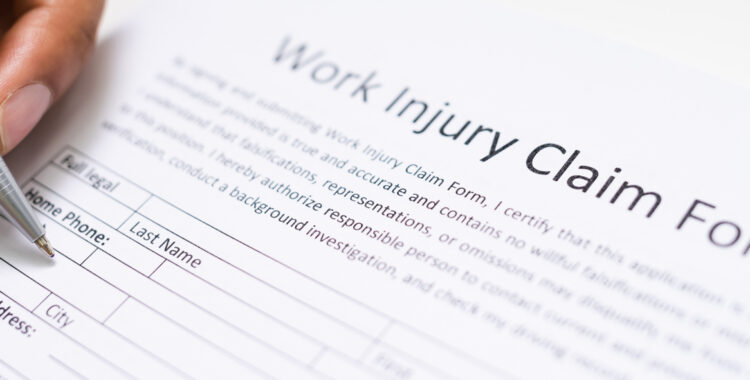How Much is My Case Worth
Episode 3: Louisville Worker’s Compensation attorney Scott Scheynost discusses 3 important factors in determining the value of your case. Initially, it’s difficult to know how much your case is worth. Your medical treatment is an important factor, as is your recovery. You’ll need to reach the Maximum Medical Improvement (MMI). This will result in a doctor being able to assign a permanent impairment rating. You may or may not be able to return to work, depending on the severity.
Factor #1: The monetary benefits. Temporary Total Disability (TTD) is the money you receive from when you sustain your injury until the time at which you reach your MMI. It’s calculated at 2/3 of your average weekly wage. TTD is not considered taxable income. As discussed in Episode 2, the calculation for your average weekly wage is complex and may take into consideration other sources of income. If you have a second job, it’s important that you let your employer know. It can result in an increase in your TTD, again, this impacts how much your case is worth. There is a ceiling to the TTD benefit in Kentucky. However, the benefits can last for several years, until you finally reach your maximum medical improvement.
It’s important to contact a workers’ compensation claim before MMI is reached. At this point, you may be assigned an impairment rating. Total disability may be the outcome. If so, you’ll typically receive the same amount you received on TTD, until age 70 (as of the recording of this episode). Partial disability is a more likely outcome. An impairment rating will be combined with your average weekly wage, your ability to return to your old job, your age and your education to determine your workers’ compensation benefit.
The impairment rating can be disputed. There are various ways to assign the rating. The lower the number, the less money you’ll receive. Often, the company doctor may be more conservative with this rating.
Factor #2: The medical treatment. In Kentucky, you get all reasonable and necessary medical treatment. It includes doctor’s bills, medication, therapy, equipment and even mileage to and from your appointments. The extent and duration of your treatment is an important element in determining how much your case is worth. The workers’ compensation adjuster may neglect to tell you about the mileage and travel expense coverage.
Lifetime medical benefits are covered under the Kentucky workers’ compensation system. You also have the right to reopen your case within 4 years, if your condition significantly worsens. You need to work with an attorney to reopen your case, prior to a surgery to ensure you maximize your TTD and other payments.
Vocational rehabilitation is also covered in Kentucky. If the judge considers you a good candidate, you may be able to get trained for another job/profession. This includes tuition, books, supplies, travel, etc. for a period of up to 52 weeks. The younger you are, the better your chances of receiving vocational rehab benefits. One important limitation is that you are able to do any job you’ve done before.
Factor #3: Other actions related to the same injury. Some injuries may enable you to file additional claims for benefits, at the same time. This can significantly alter how much your case is worth. SSDI may be available. This system will take your full medical history into consideration, beyond just the injuries sustained on the job. You may have an automobile accident claim. If you drive a truck for a living, travel as part of your job, or are involved in a pedestrian collision by another driver, you may also be able to get additional benefits as part of your motor vehicle accident case.
Products liability may be involved if you’re injured using machinery or equipment that failed, resulting in your injury.
The statute of limitation may vary for the individual claims. Your case may involve different state jurisdictions. This can complicate the process and deadlines. It’s important that you speak with an attorney to ensure you understand your options.
Contact Scott Scheynost at (502) 937-5287. This podcast is meant to provide information and is not legal advice. Scott’s principal office is located at 7619 Dixie Highway, Louisville, KY 40258. Co-host Jim Ray is a non-attorney spokesperson. This is an advertisement.

